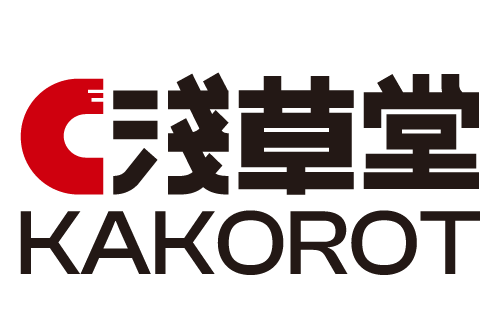

ASAKUSA AGRICULTURE PROCESSING CO.

Hualien County, Taiwan
August 2024
Agicultural support/post-harvest
Agriculture/Growers
China,
Japan,
Malaysia,
Taiwan
Treat the land well and produce safe agricultural products "Sow seeds and wait for growth." This is the origin of the name of Asakusa Hall in Hualien, Taiwan. It has been 11 years since its establishment. I am honored to witness a development process of organic six-level agriculture that is different from the past. Organic production and organic processing. Asakusa Tang produces 100% pure agricultural (by-product) products without additives. Asakusa Tang produces fragrant and fragrant organic crops in all seasons. , taking good care of precious natural resources, making the basic extension of products from the inside out, producing a series of fragrant and fragrant products, fully providing everyone's daily needs, adhering to the idea of taking from nature and returning to the earth, making organic mountain bitter melon, organic Everything about red turmeric continues to circulate, and you can feel the natural purity bred by Taiwan's mountains and forests from the inside out every day. What is good to one person is good to all. Taiwan builds a country based on agriculture, and we build friends based on agriculture. A true understanding of Taiwan's agricultural and sideline product processing history can see the coherence of the overall industry. Asakusa's primary agricultura
Overall B Impact Score
Governance 6.9
Governance evaluates a company's overall mission, engagement around its social/environmental impact, ethics, and transparency. This section also evaluates the ability of a company to protect their mission and formally consider stakeholders in decision making through their corporate structure (e.g. benefit corporation) or corporate governing documents.
What is this? A company with an Impact Business Model is intentionally designed to create a specific positive outcome for one of its stakeholders - such as workers, community, environment, or customers.
Workers 38.2
Workers evaluates a company’s contributions to its employees’ financial security, health & safety, wellness, career development, and engagement & satisfaction. In addition, this section recognizes business models designed to benefit workers, such as companies that are at least 40% owned by non-executive employees and those that have workforce development programs to support individuals with barriers to employment.
What is this? A company with an Impact Business Model is intentionally designed to create a specific positive outcome for one of its stakeholders - such as workers, community, environment, or customers.
Community 16.2
Community evaluates a company’s engagement with and impact on the communities in which it operates, hires from, and sources from. Topics include diversity, equity & inclusion, economic impact, civic engagement, charitable giving, and supply chain management. In addition, this section recognizes business models that are designed to address specific community-oriented problems, such as poverty alleviation through fair trade sourcing or distribution via microenterprises, producer cooperative models, locally focused economic development, and formal charitable giving commitments.
Environment 29.4
Environment evaluates a company’s overall environmental management practices as well as its impact on the air, climate, water, land, and biodiversity. This includes the direct impact of a company’s operations and, when applicable its supply chain and distribution channels. This section also recognizes companies with environmentally innovative production processes and those that sell products or services that have a positive environmental impact. Some examples might include products and services that create renewable energy, reduce consumption or waste, conserve land or wildlife, provide less toxic alternatives to the market, or educate people about environmental problems.
What is this? A company with an Impact Business Model is intentionally designed to create a specific positive outcome for one of its stakeholders - such as workers, community, environment, or customers.
Customers 3.2
Customers evaluates a company’s stewardship of its customers through the quality of its products and services, ethical marketing, data privacy and security, and feedback channels. In addition, this section recognizes products or services that are designed to address a particular social problem for or through its customers, such as health or educational products, arts & media products, serving underserved customers/clients, and services that improve the social impact of other businesses or organizations.